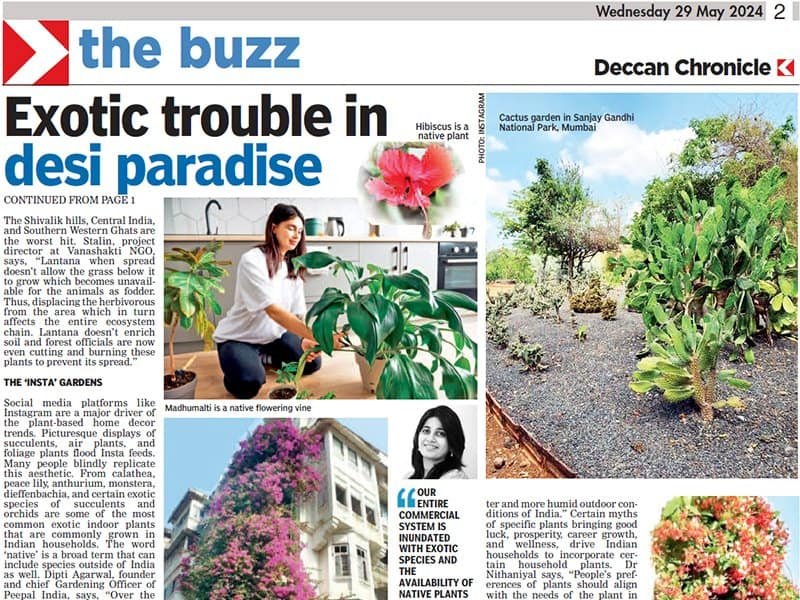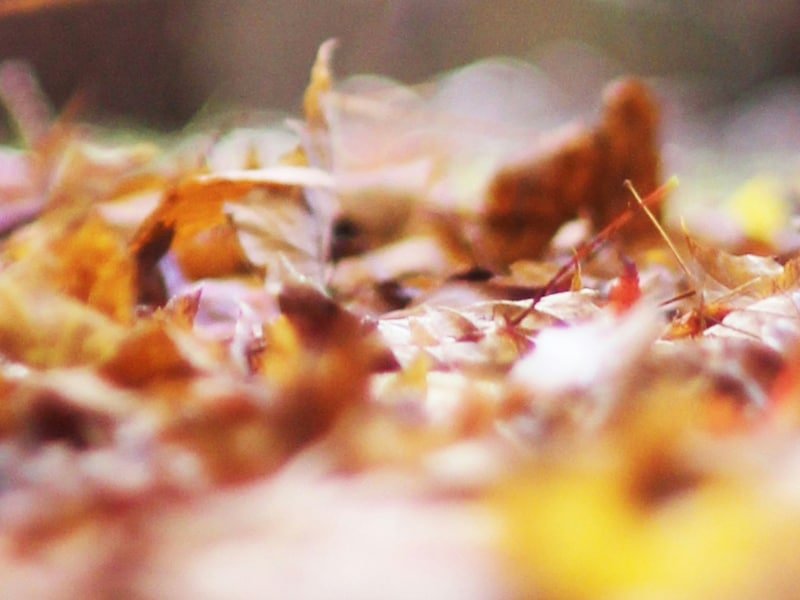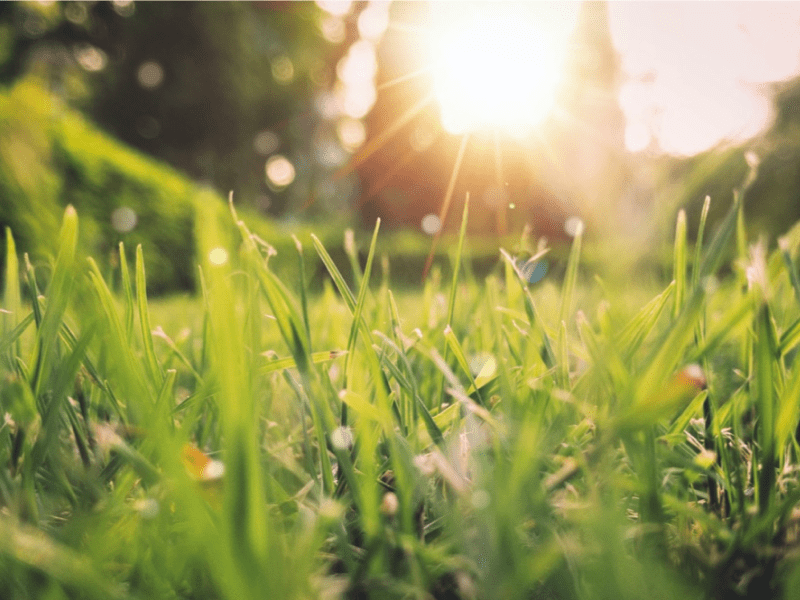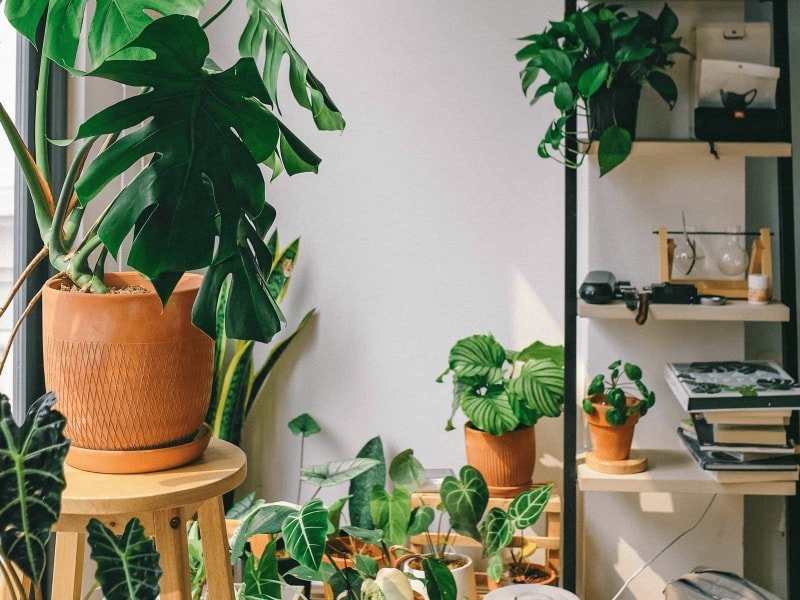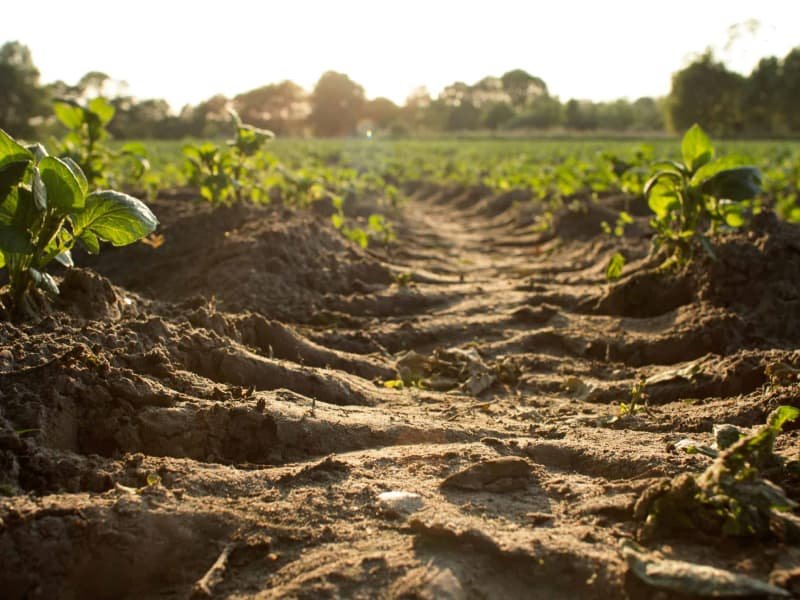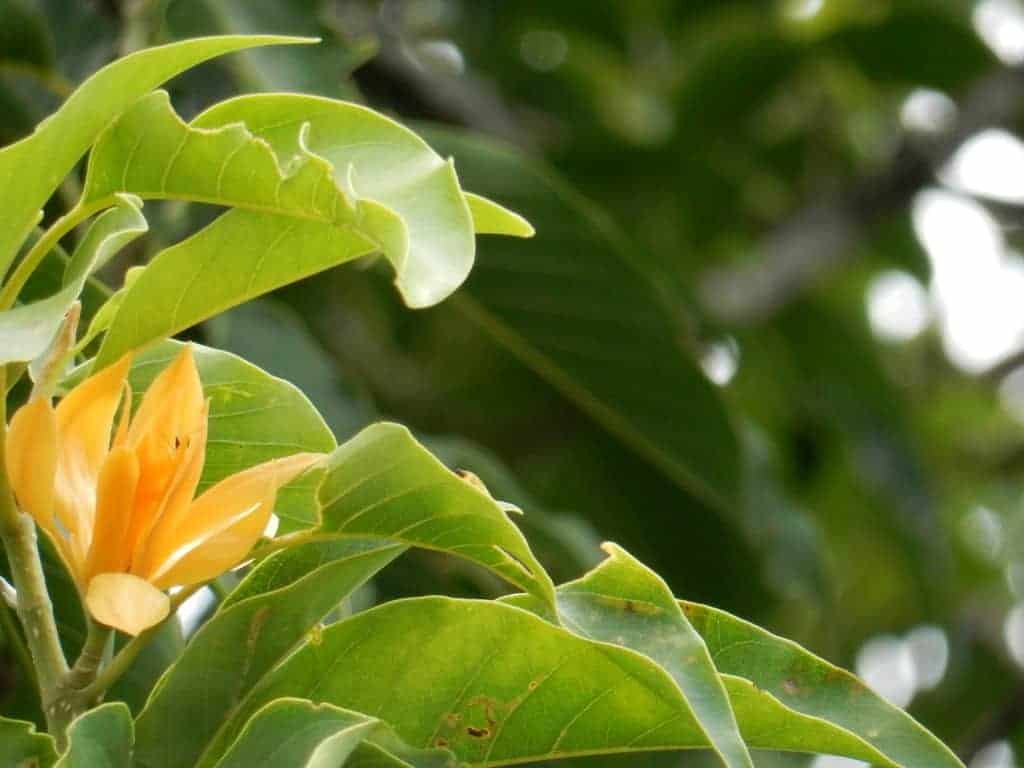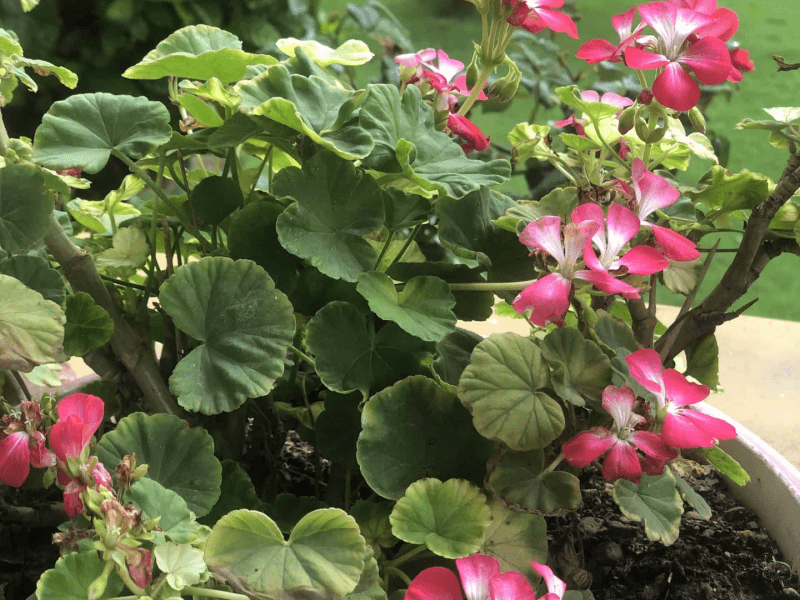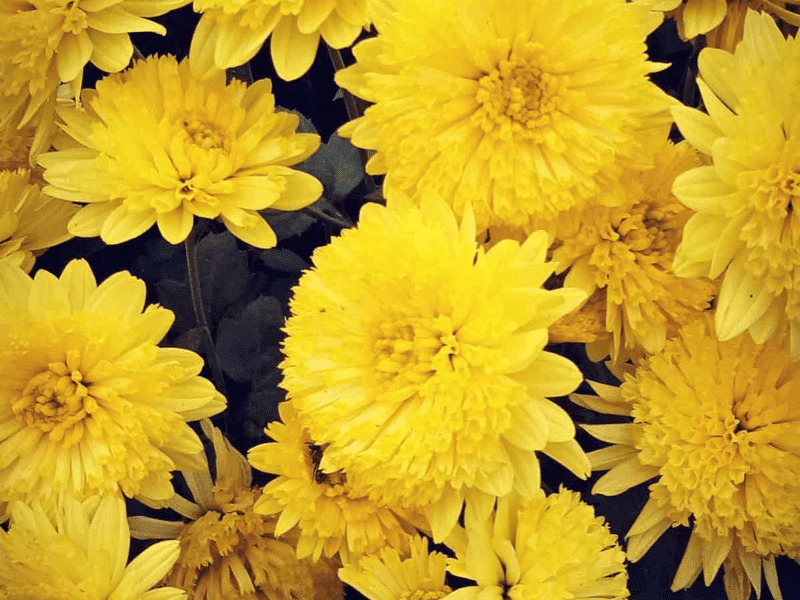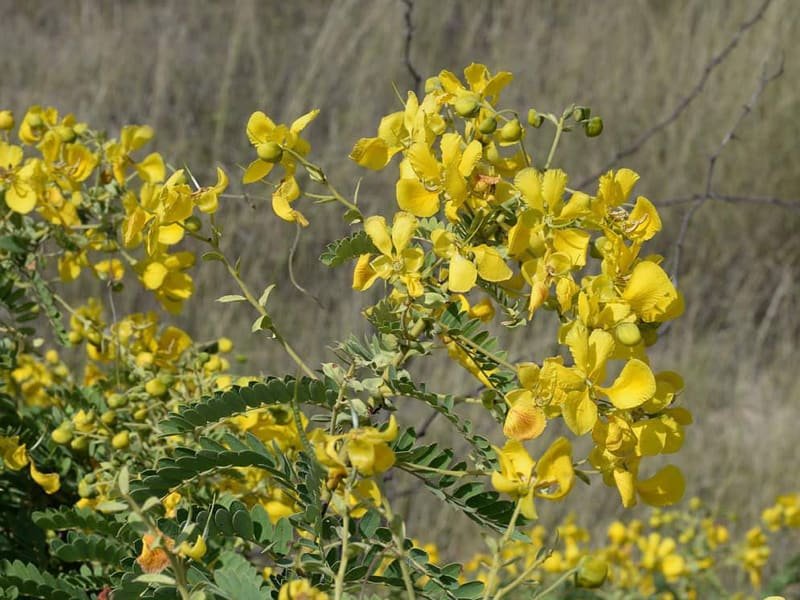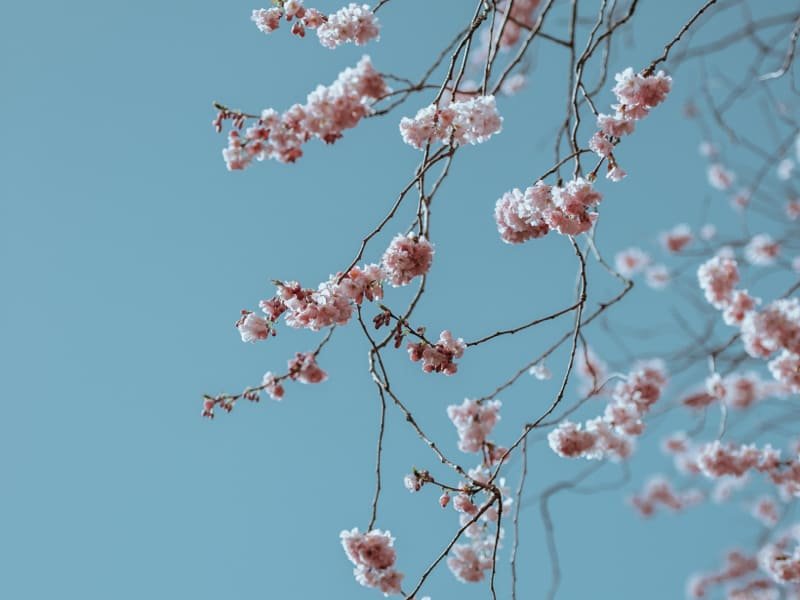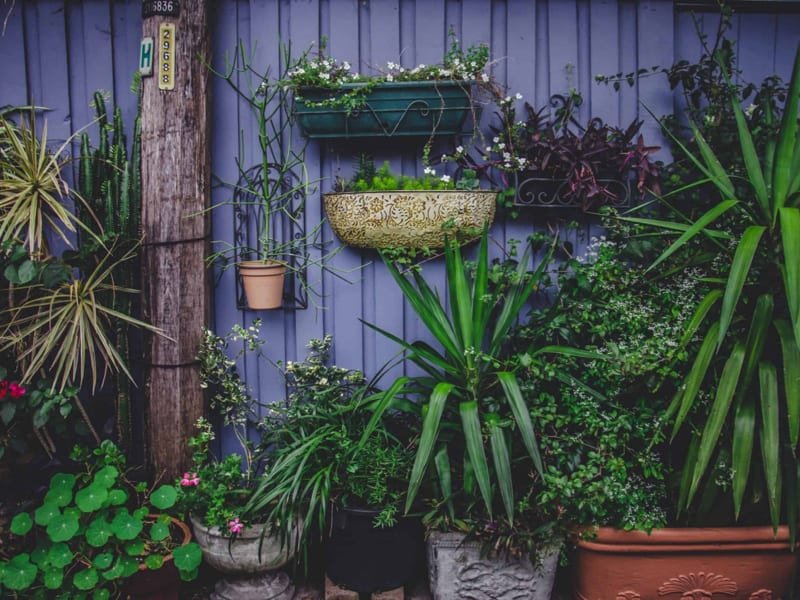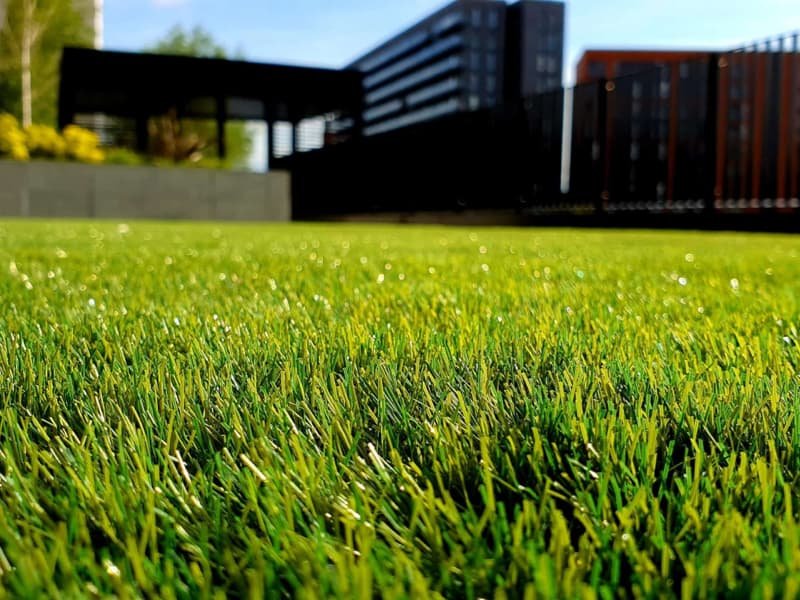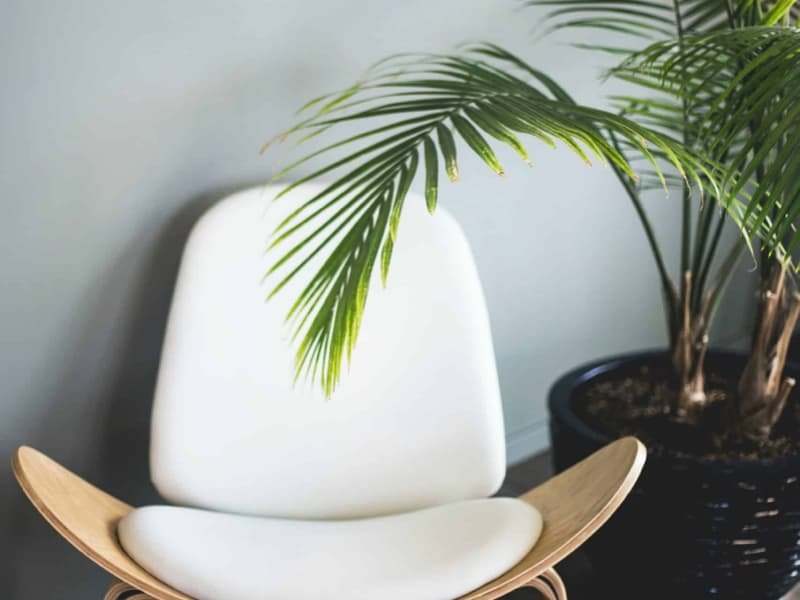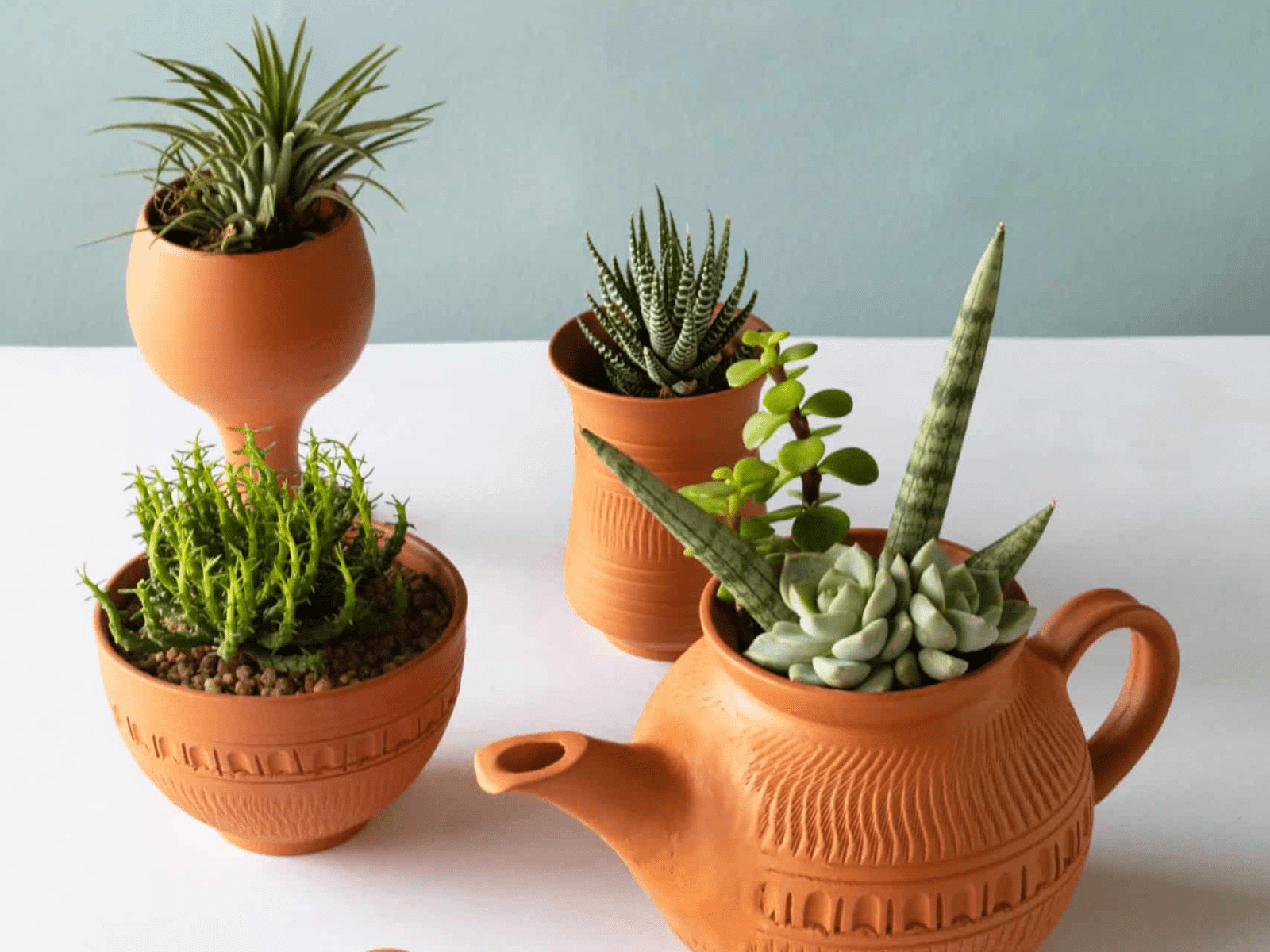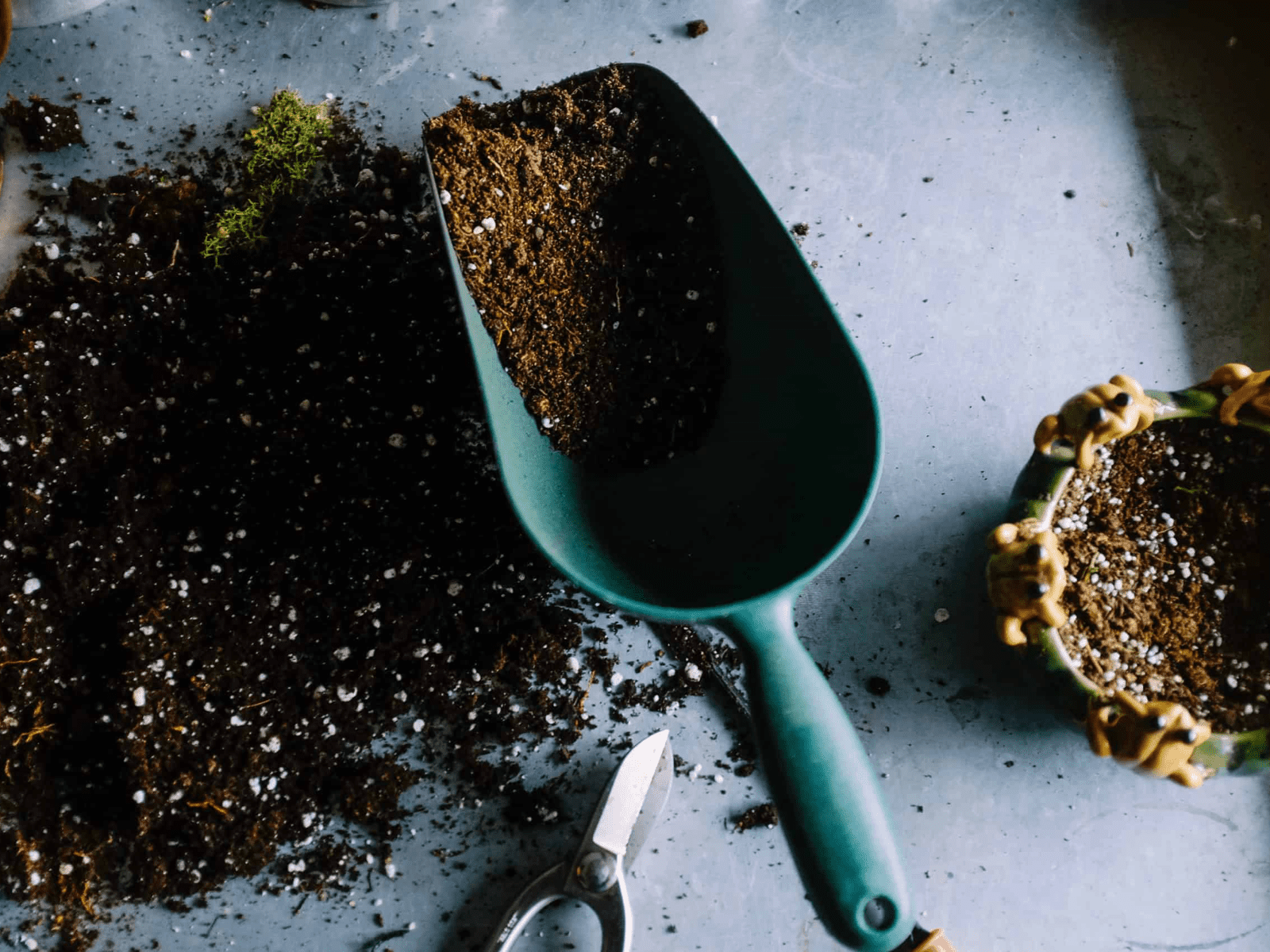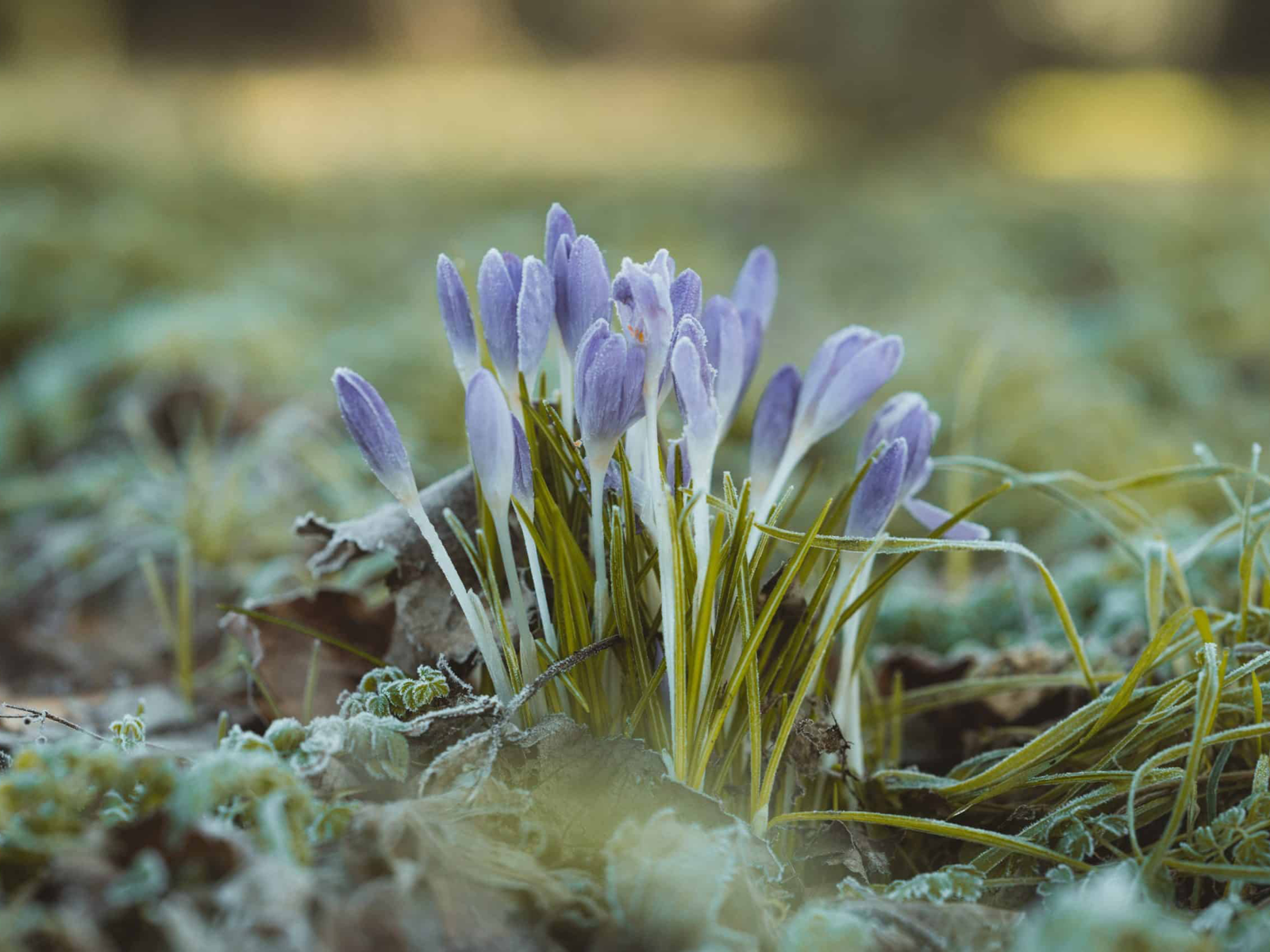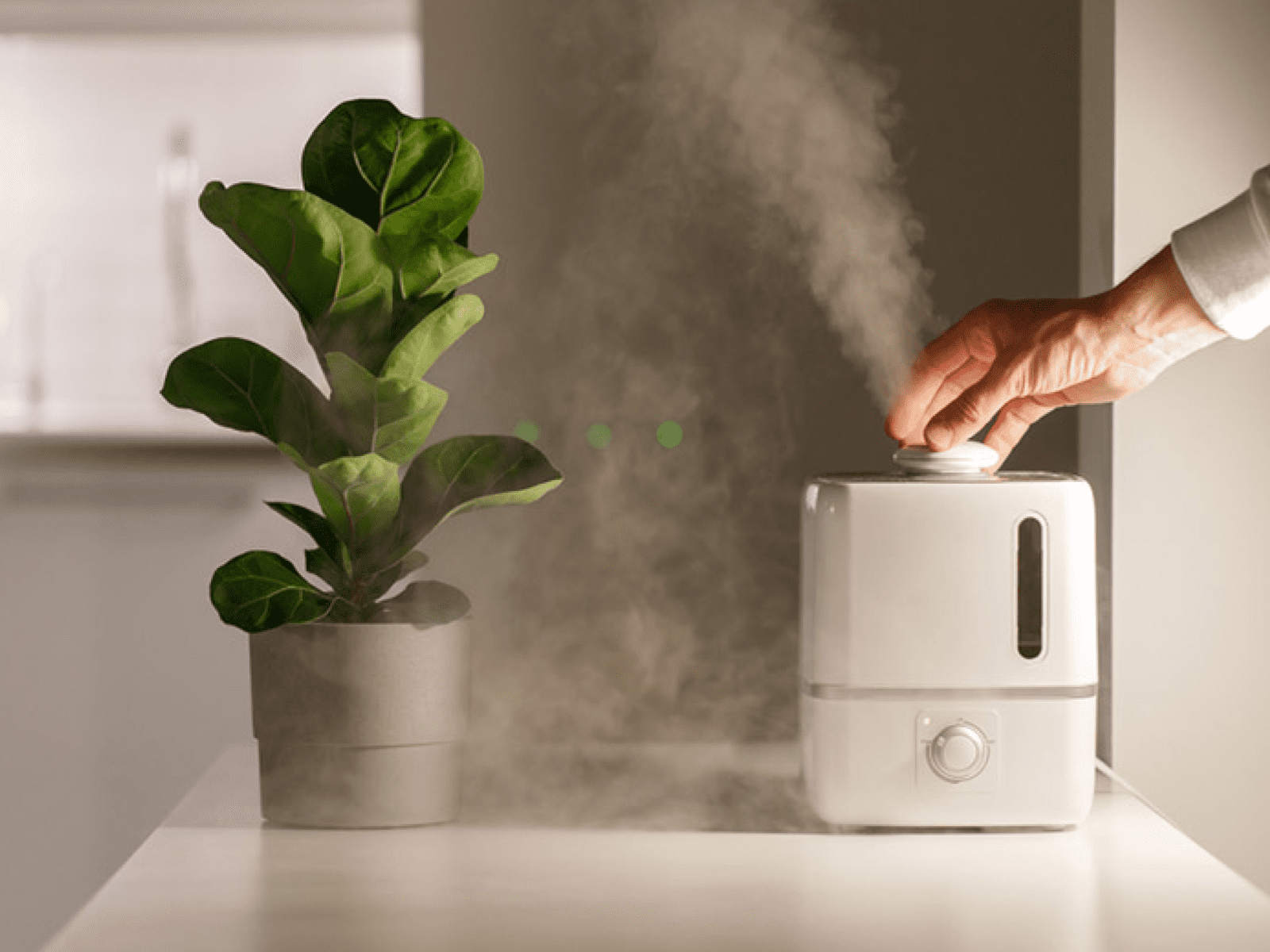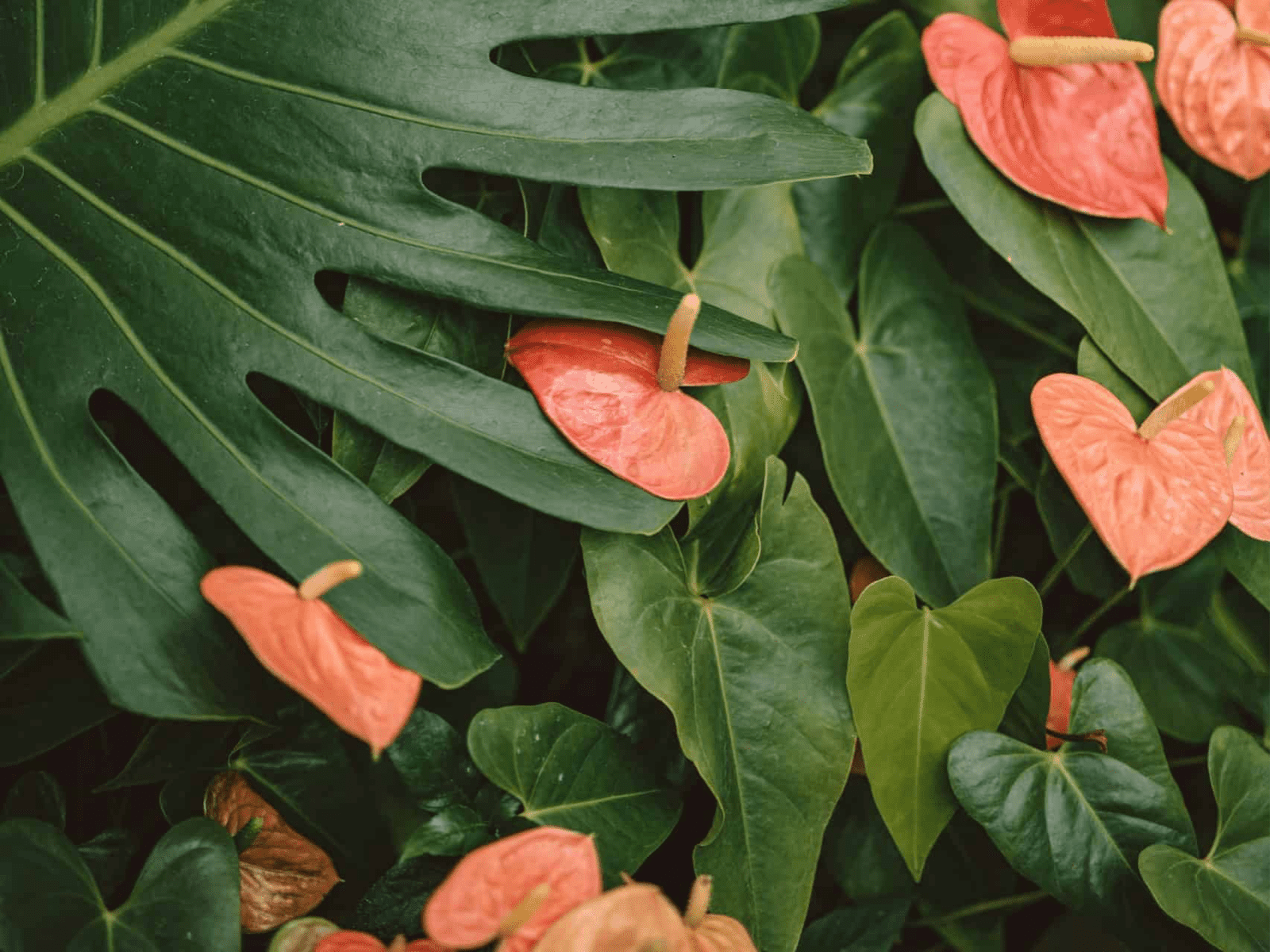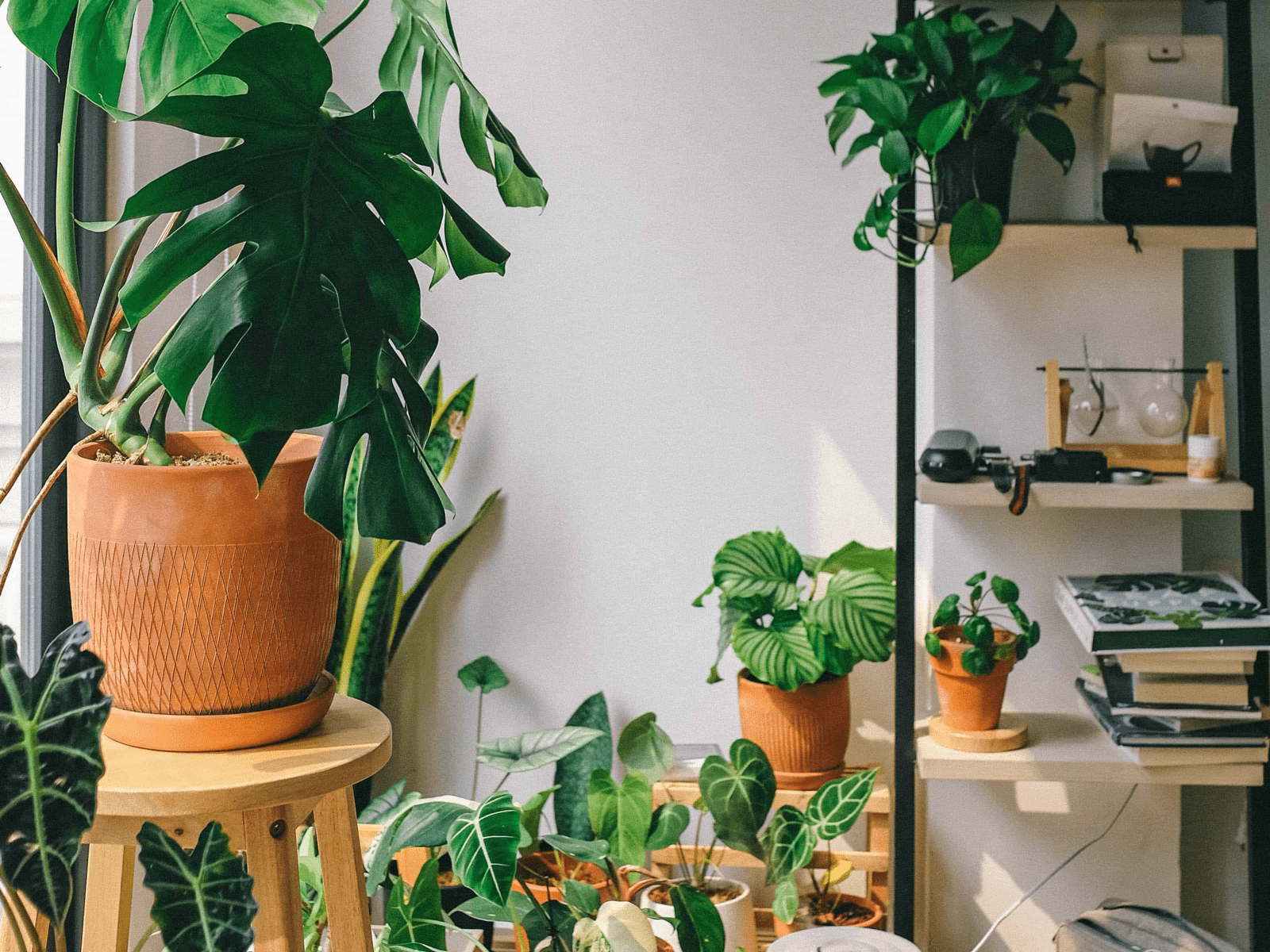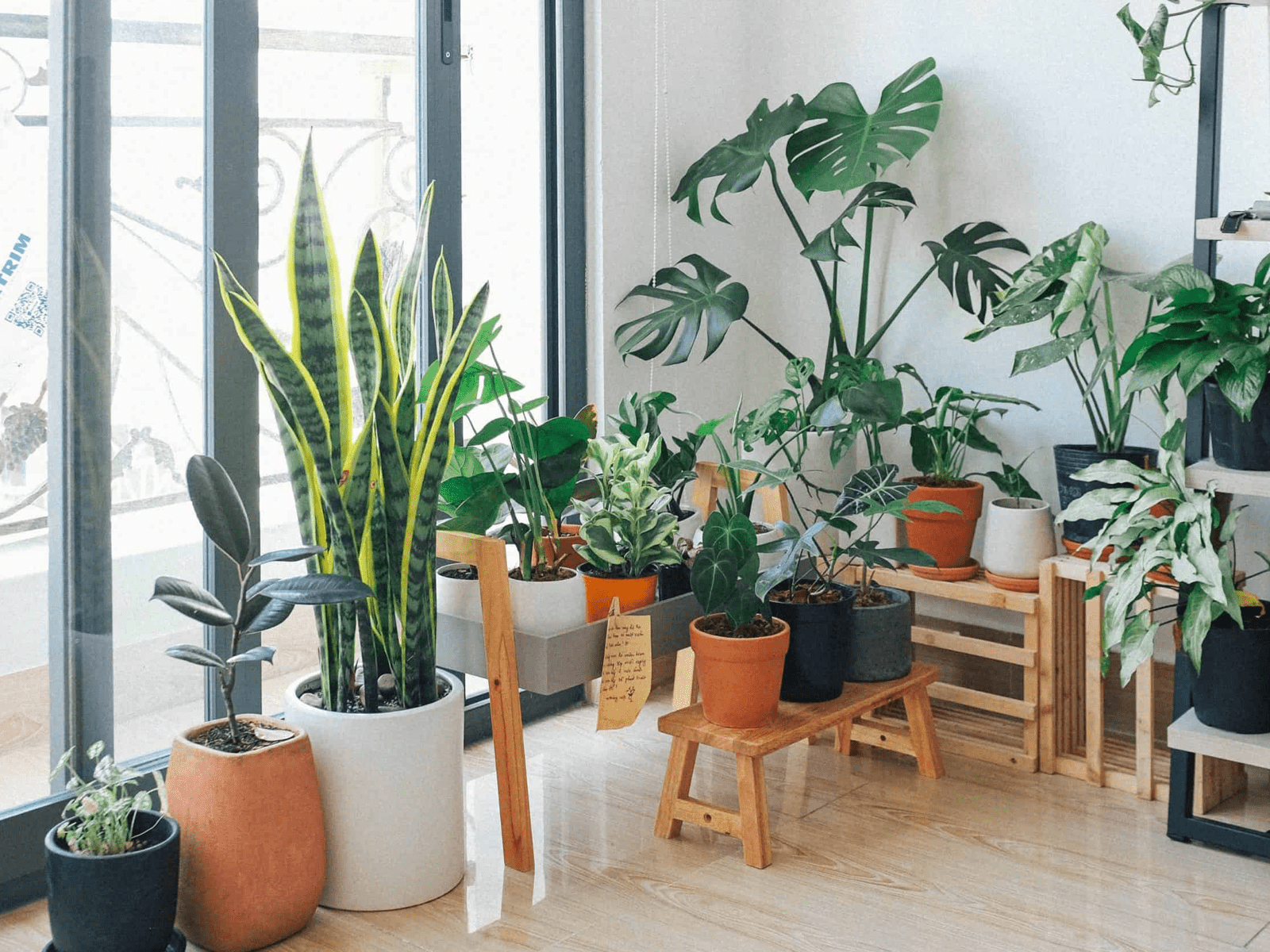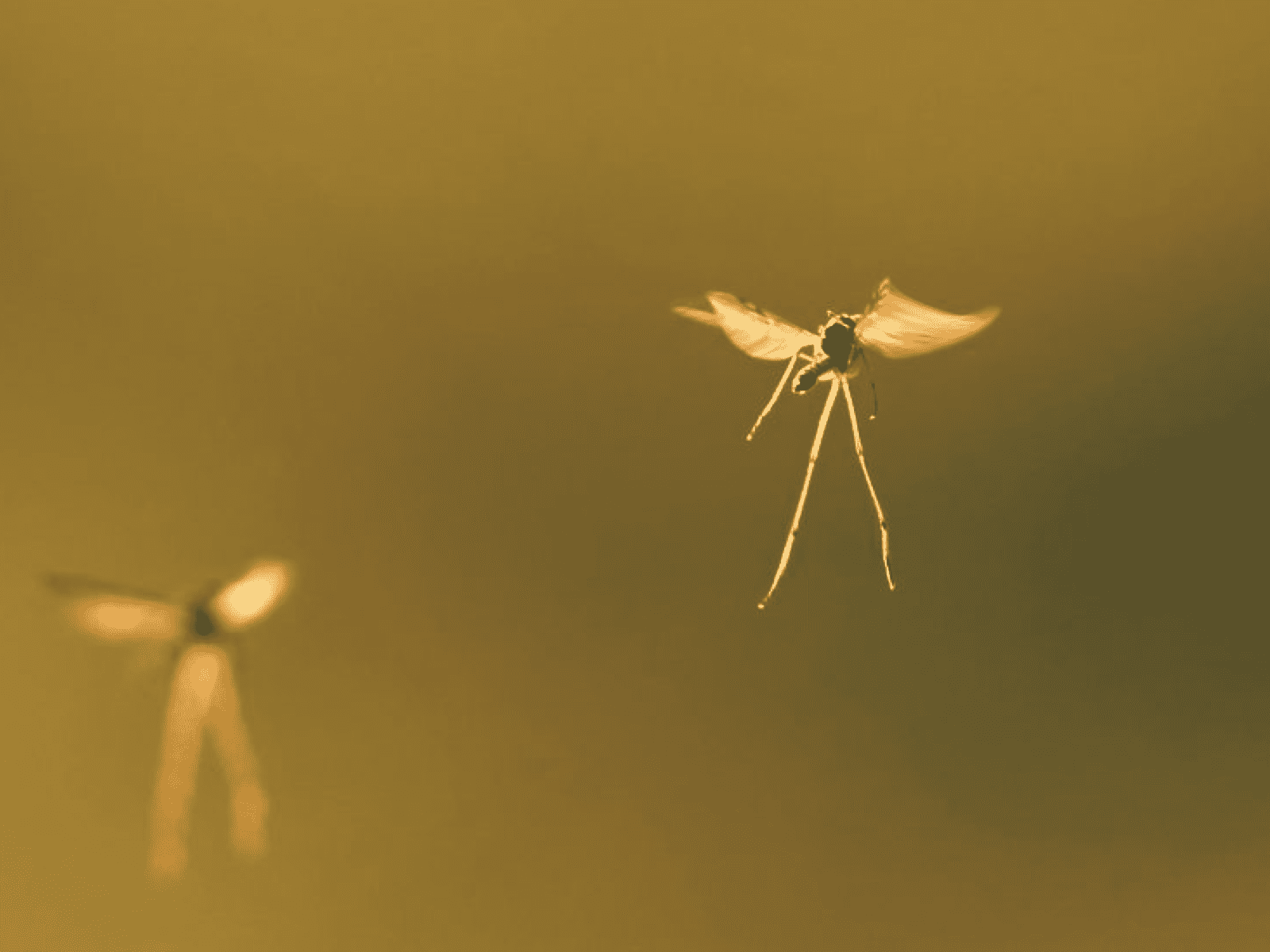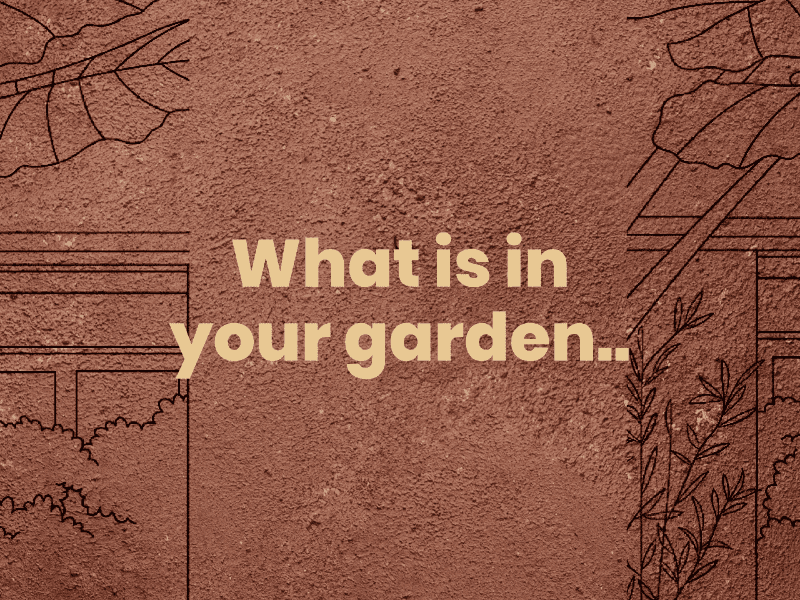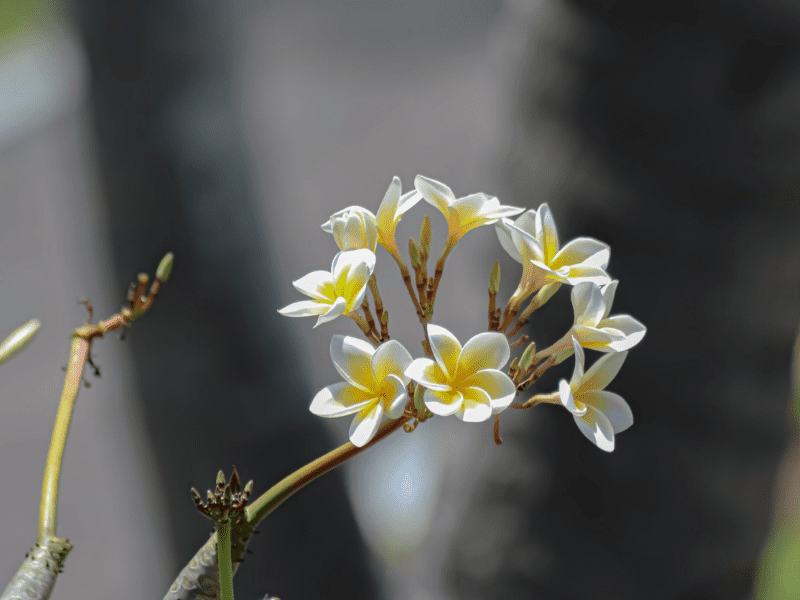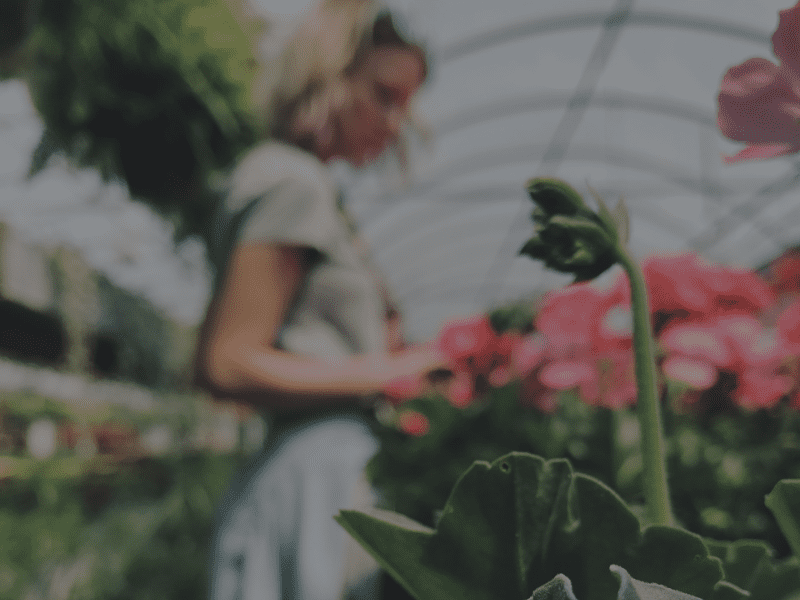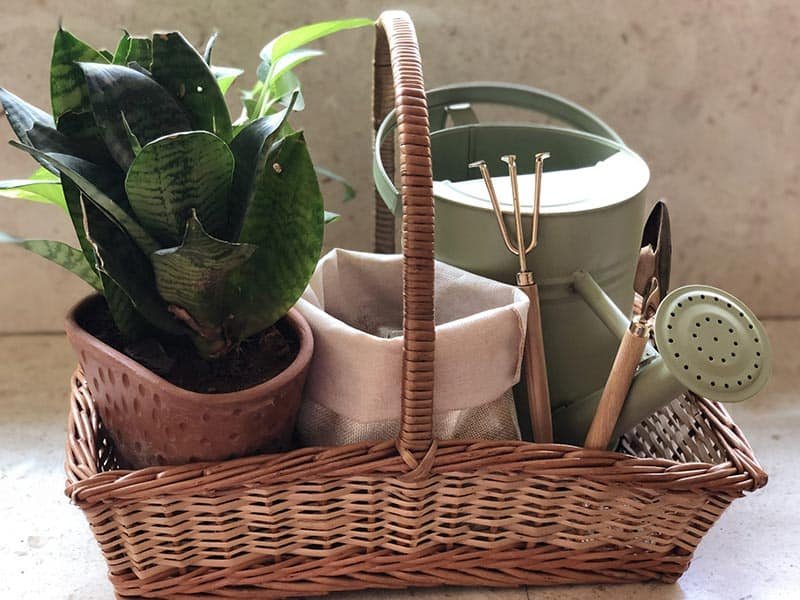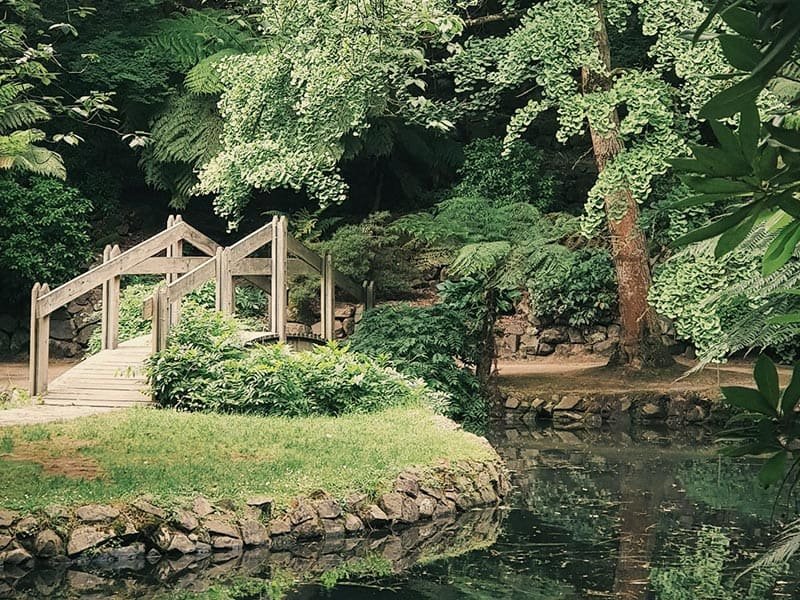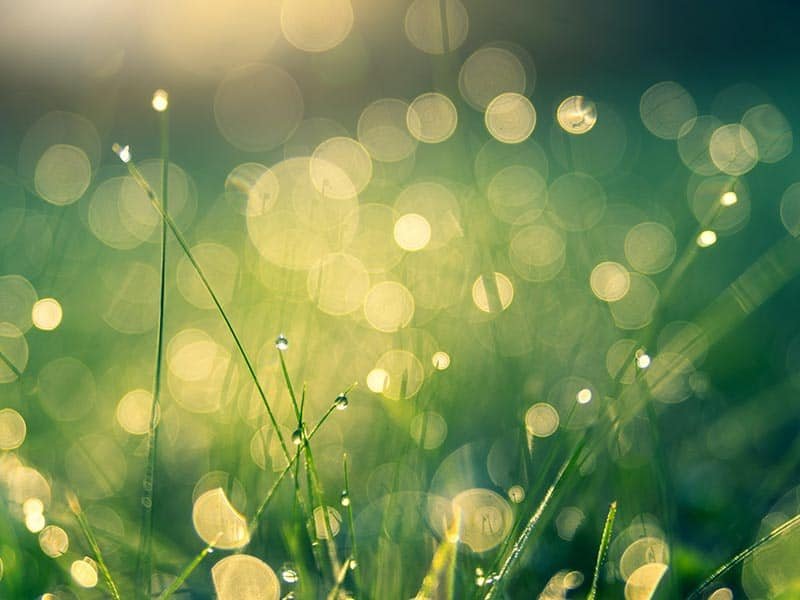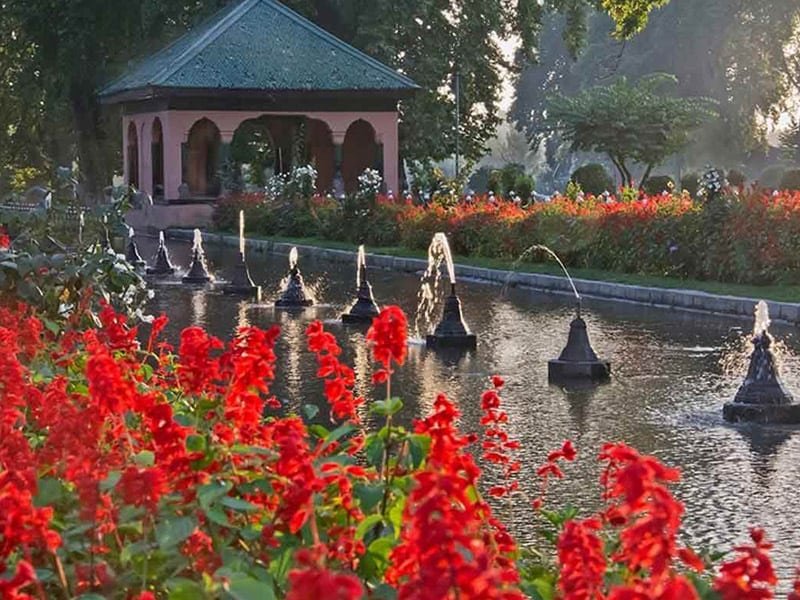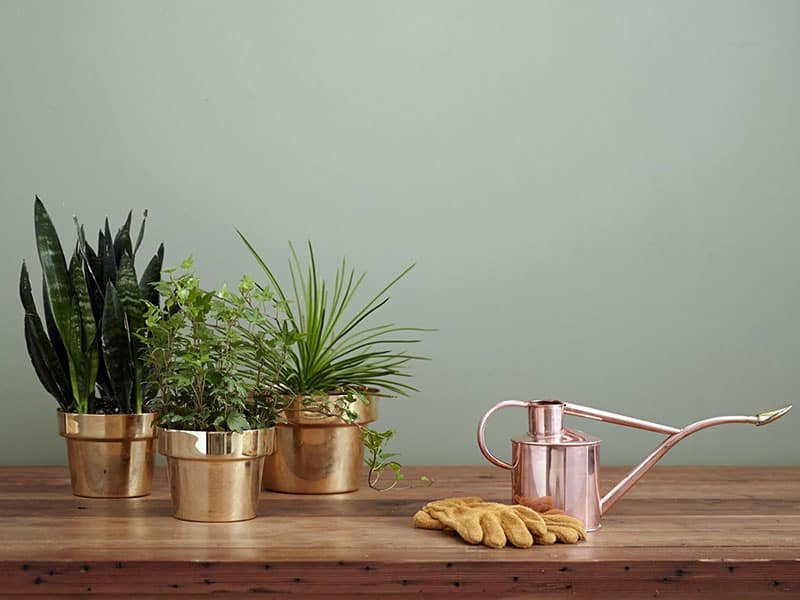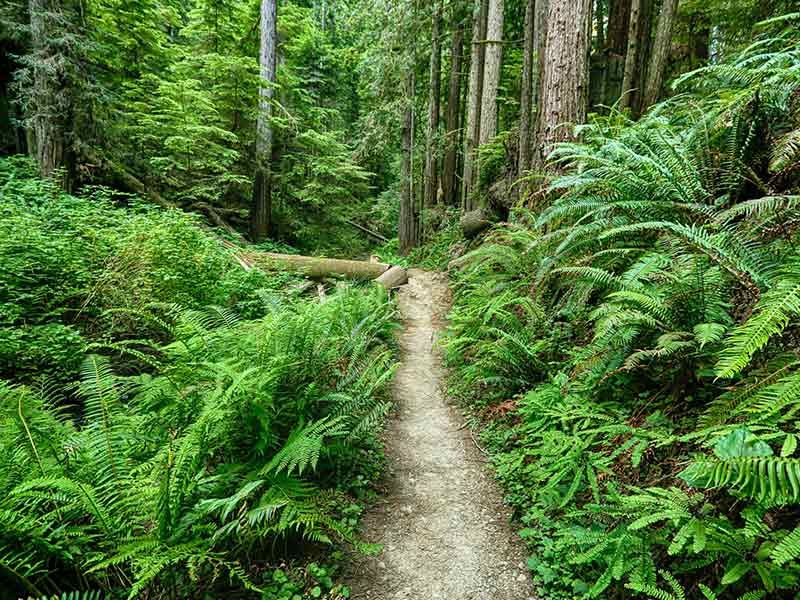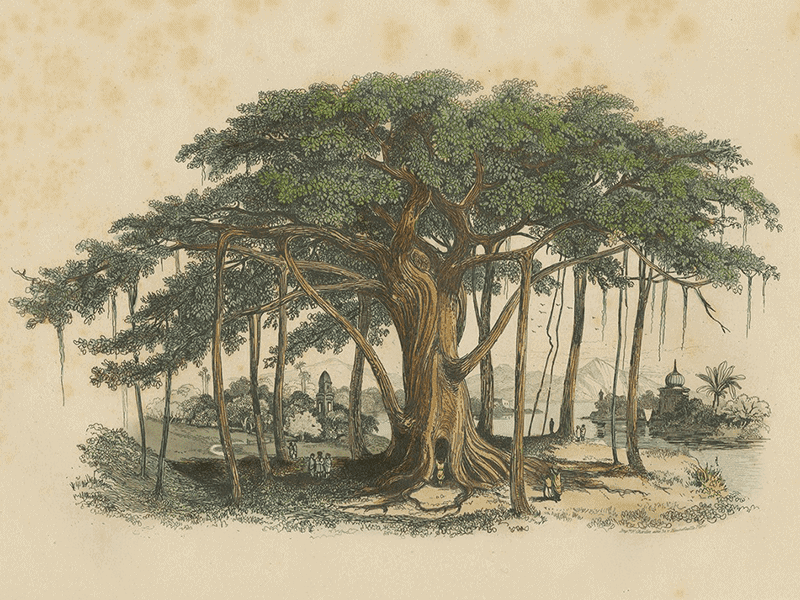Planting mindlessly whether indoors or outdoors can be harmful to you, your people and our planet. From posing health risks to disrupting local habitats, there are several issues with home gardening.
Here are the top 5 challenges posed by unsustainable gardening practices:
Place of birth
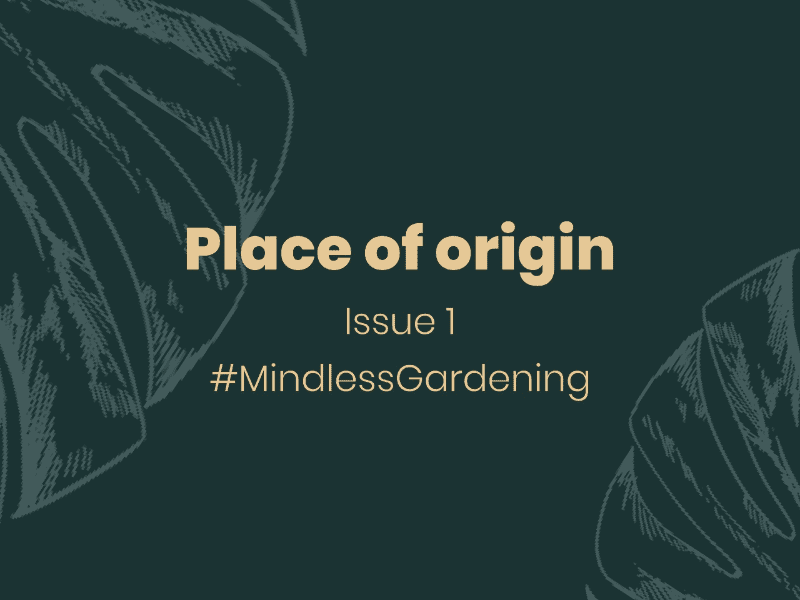
Place of birth
Who doesn’t like Monstera or Pachira? These gorgeous, top-dollar plants have left a long-lasting impression – not just on us but also on our environment.
Native to the Central and South Americas, such plants when brought to a foreign land needs a lot of help to survive. After all, change of place doesn’t impact our health alone but of plants too.
Understanding nativity or place of origin of plants can help you make conscious and cost-effective decisions for your garden.
Build your garden instead with native plants such as Champa (Plumeria), Chameli (Jasmine), Balsam (Rose Balsam) and so many other aromatic, medicinal ones.
They will not only uplift your senses but also support the friends of our planet aka bees, butterflies, birds.
Special Growing Conditions

Special Growing Conditions
Lucky Jade and Aloe escaped the scorching heat of Africa’s desert to make their way into our tropical and humid climate.
To make such succulents survive, one has to invest in a special soil mixes, growing conditions, etc. to replicate their home environment.
Overwatering and wrong soil mix issues among succulents are the most as compared to other plants,. Such issues reduce their survival rates to negligible.
Instead, choose native succulents such as Malayan Spurge (Euphorbia antiquorum), Indian Spurge / Dog’s Tongue (Euphorbia neriifolia).
Such plants are well-versed with the local environment. It can be a good start to opt for such native, hardy succulents, if you love such plants.

Toxic Content in Plants
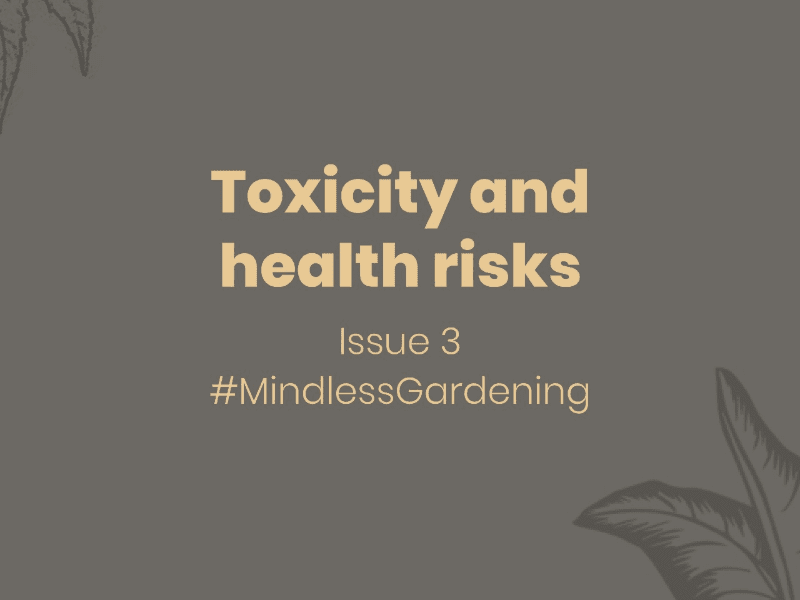
Toxic Content in Plants
Talking about mindless gardening and not mentioning about Dumb Cane will be really dumb on our part.
Dieffenbachia, popularly known as dumb cane, has the potential to render someone speechless. It is one of the most toxic houseplants commonly found today. With its poisonous raphides, it can give someone infectious skin allergies to both people and pets.
Similar to dumb cane, most exotic houseplants today such as ZZ (Zamioculcas zamiifolia), Peace Lily (Spathiphyllum) etc have toxic elements which can harmful to humans and animals upon ingestion or exposure.
When you think of creating an outdoor garden, replace such plants with native varieties that have numerous health benefits.
From nettle to neem, select plants that are useful to you, not harmful for your kids, pets or anyone in the family.
Depletion of Resources
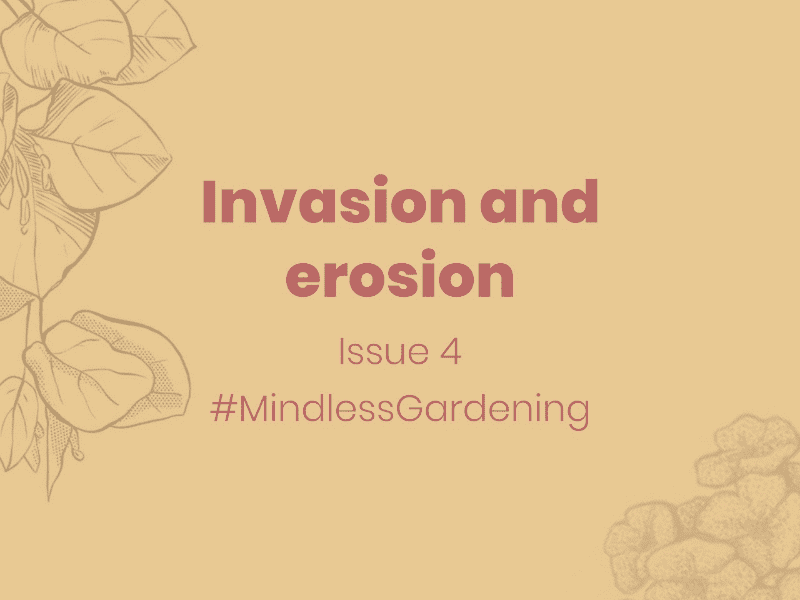
Depletion of Resources
Imagine one day you wake up in a city taken over by aliens! As crazy as it sounds, growing exotic plants, especially outdoors, is just like inviting an alien invasion.
In order to survive in unfamiliar, sometimes hostile conditions, such plants reproduce in abundance to create their future generations. In the process, they not only take over the local habitats but also erode soil quality over time by sucking out groundwater, essential nutrients, etc.
Lantana, Morning Glory, Bougainvillea, Eucalyptus, Pine are a few examples of invasive species in India which have outrun several native plant varieties.
Native alternatives to these plants such as Ixora, Thunbergia, Madhumalti (Rangoon Creeper), Sal, Deodar are beneficial to both – your garden and our environment.

Barrier to Biodiversity
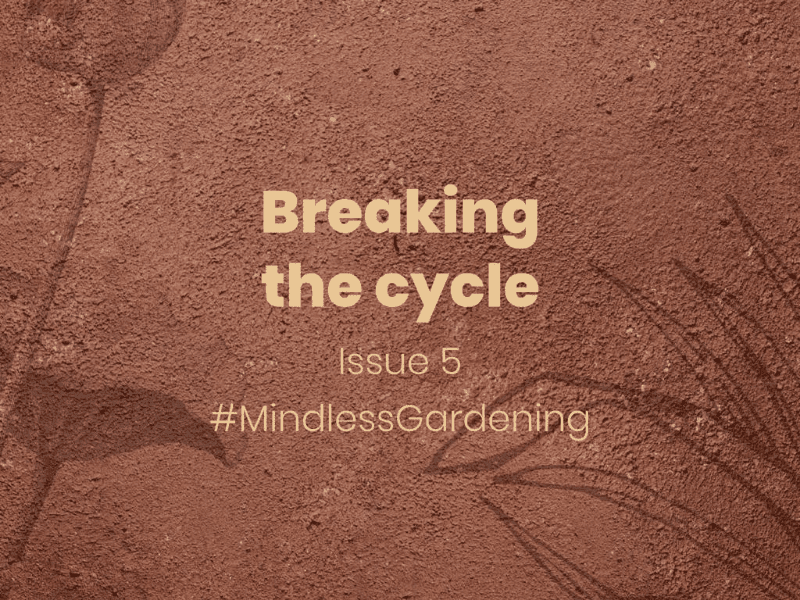
Barrier to Biodiversity
Plants which have originated in some other parts of the world and introduced in an unknown place are known as exotic plants. Such plants are cultivated in controlled environments to make them survive on foreign soil.
Some of the favourite houseplants Pachira, Dracaena have originated in the West and introduced in all parts of the world. Such cultivation not only disrupts the local environmental cycle but also degrades the foreign habitat.
Instead adopting and using plants which are native, originated or endemic to your region can help preserve soil health, biodiversity, among several other benefits.
Keep this is mind the next time you choose plants or seeds for your organic farm or lawn.

